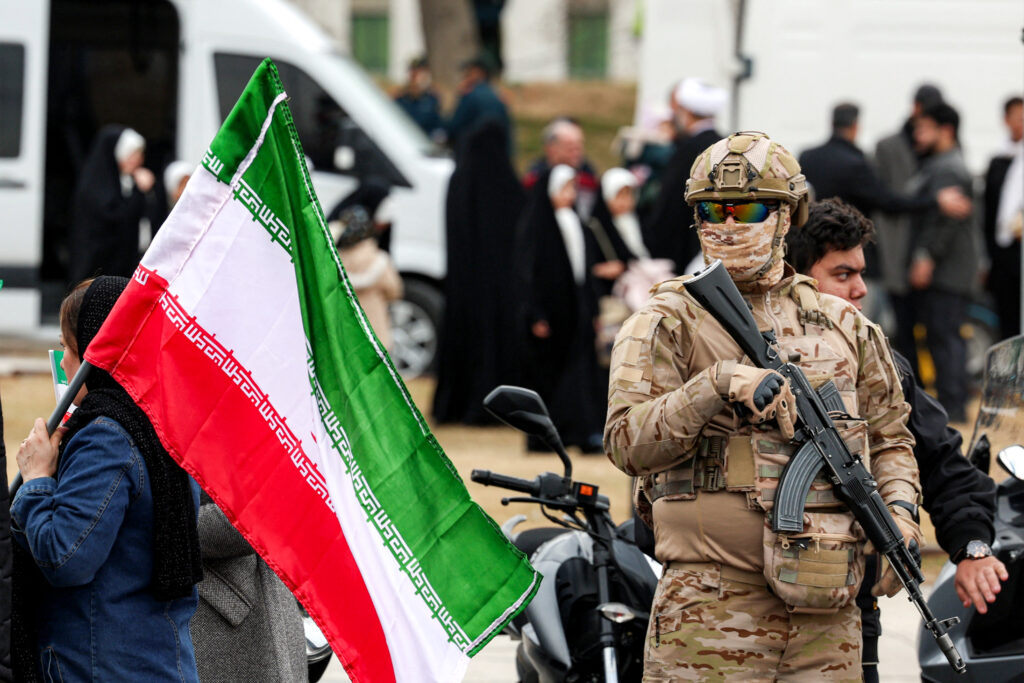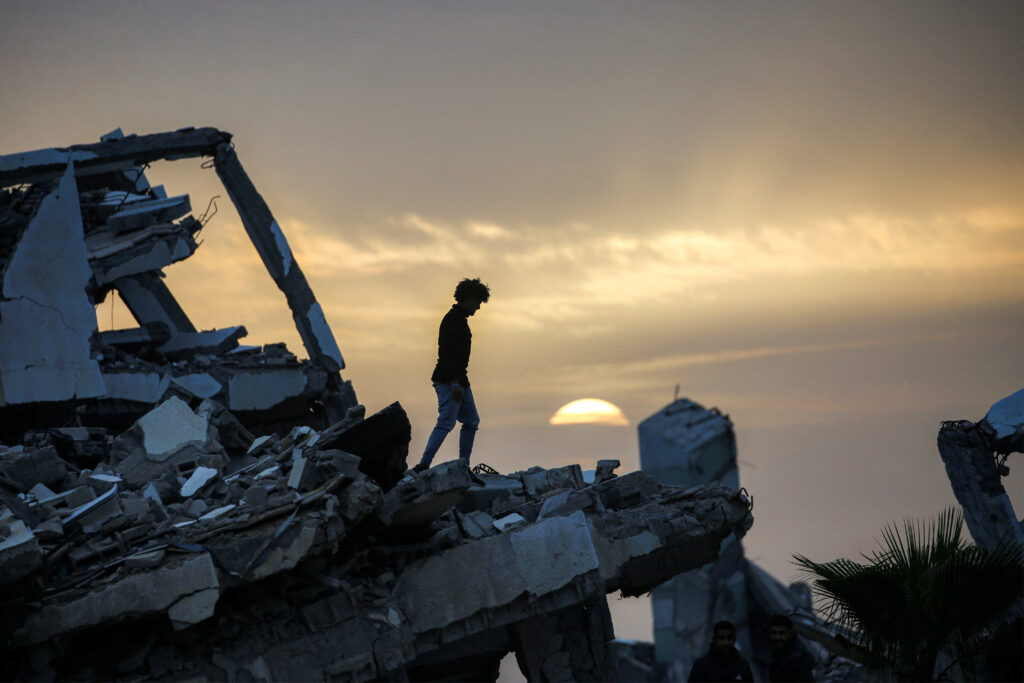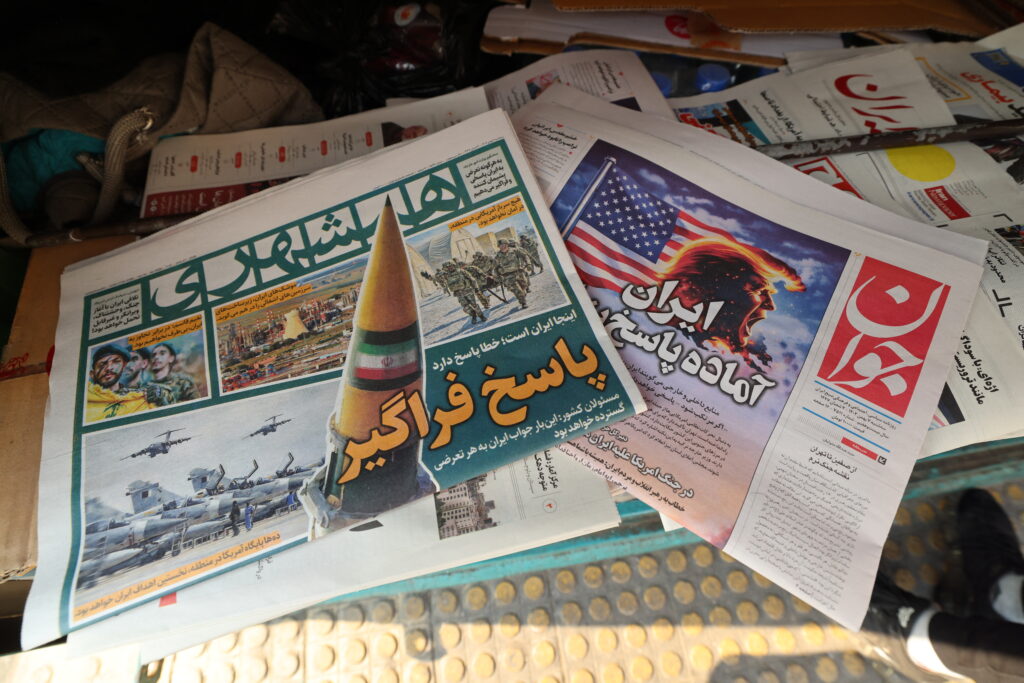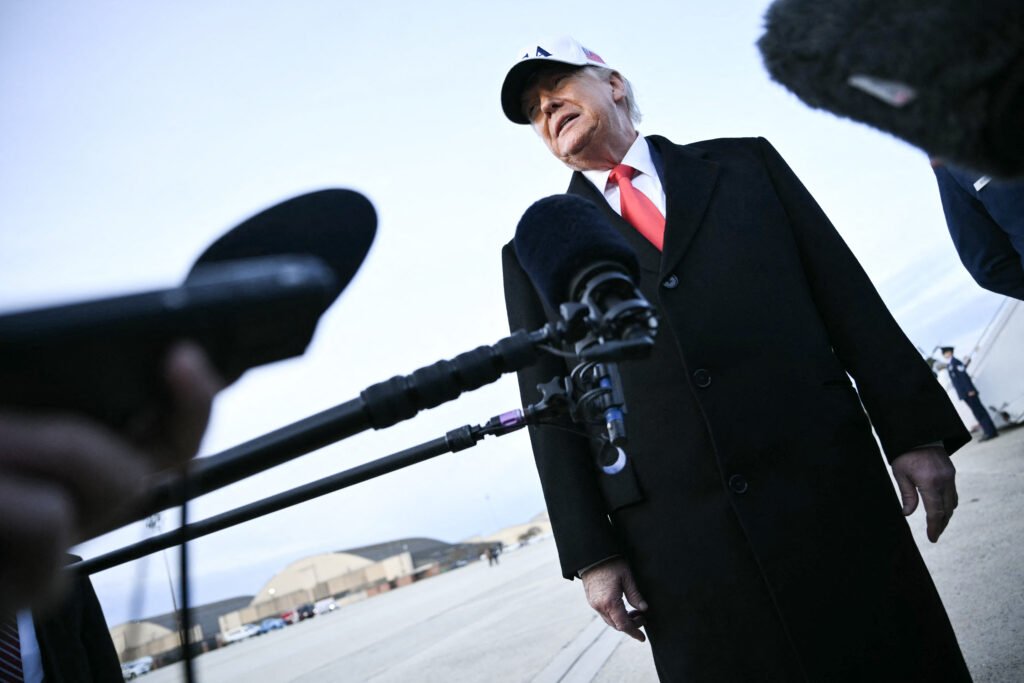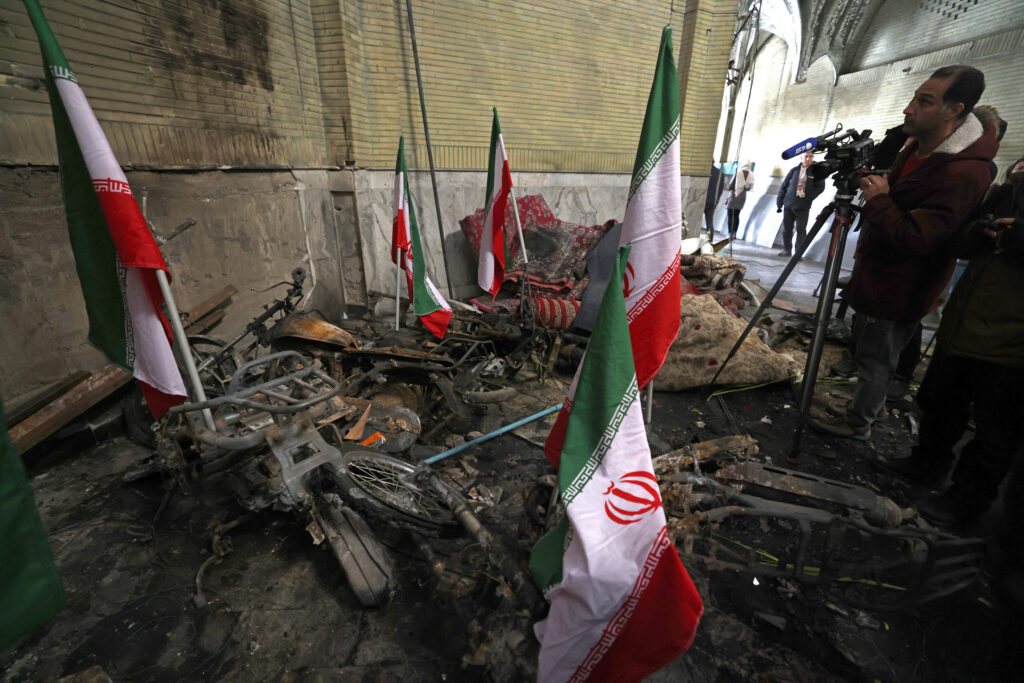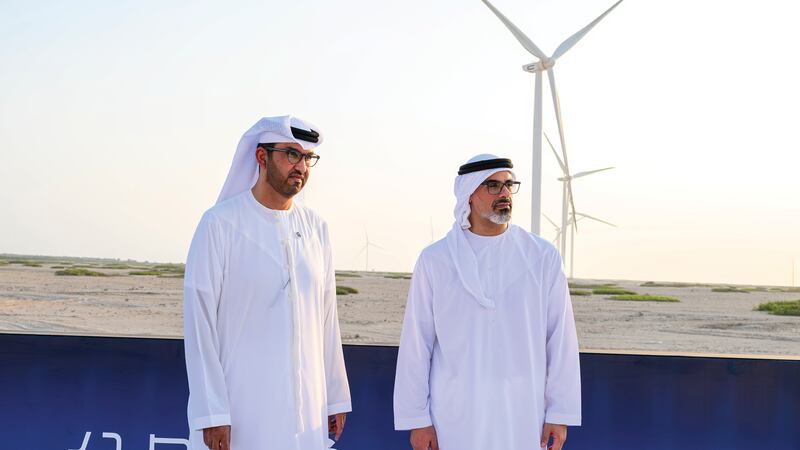Garuda’s Flights to Doha Highlight Upward Trajectory of Indonesia-Qatar Ties
- Muhammad Zulfikar Rakhmat
- -
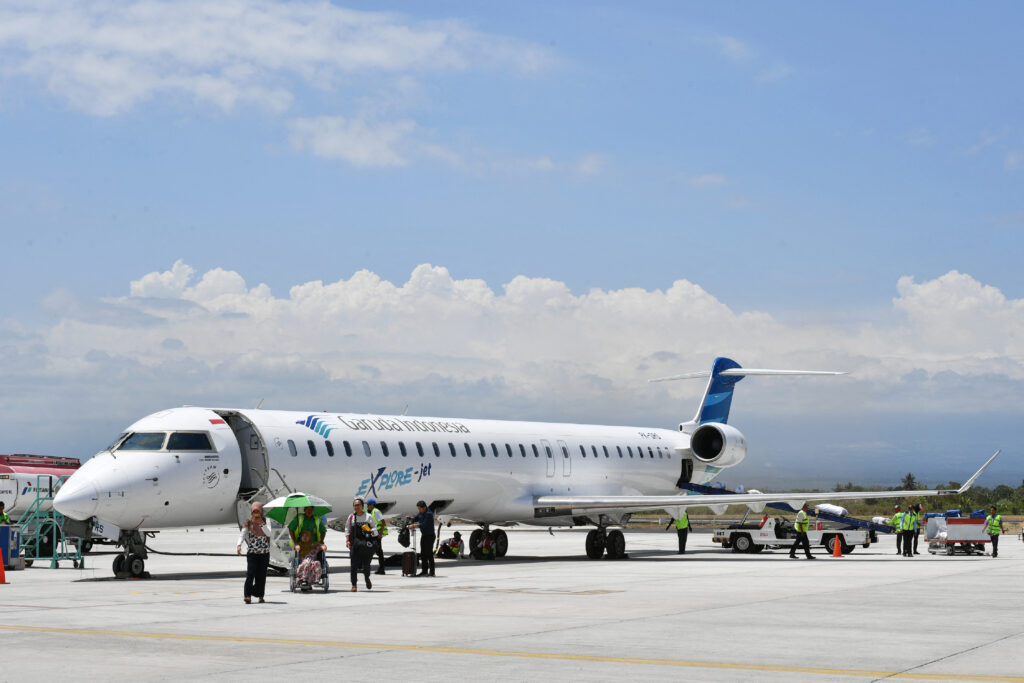
*By Muhammad Zulfikar Rakhmat
In April this year, a significant milestone in Indonesia-Qatar ties was reached: The commencement of daily flights between Jakarta and Doha. The flights, operated by Qatar Airways’ codeshare partner, Garuda, will enhance connectivity between South-east Asia and the Middle East, but, perhaps more importantly, signify a deeper commitment to fostering economic growth, cultural exchange, and people-to-people connections between the two nations.
Qatar Airways currently operates three daily flights to Jakarta, three daily flights to Bali, and three weekly flights to Medan. Garuda’s additions reflect the increasing demand for travel between Qatar and Indonesia. This is being driven by expanding business ties, a thriving tourism sector, and mutual interest in cultural understanding due to growing demand for academic cooperation and religious exchanges.
Growing Ties
Economic ties between Jakarta and Doha have grown in recent years, with trade volume expected to grow significantly in 2023 from the 2022 figure of approximately US$1.3 billion (in the first half of last year, the figure was already at US$975.3 million).
Indonesia’s exports to Qatar comprise a diverse range of products, including iron and steel products, paper and paper pulp, and electrical machinery and equipment, among others. Gas, oil, aluminium, plastics, and organic chemicals flowed the other way, showcasing the complementary nature of bilateral trade.
The trade flows are book-ended by Qatar’s investments in Indonesia, particularly in sectors such as telecommunications, energy, and hospitality, highlighting the depth of economic cooperation between the two countries. Projects like the upcoming hotel and resort in Labuan Bajo — the so-called gateway to Komodo National Park — exemplify Qatar’s commitment to long-term investments in Indonesia’s burgeoning tourism industry, further strengthening bilateral ties and contributing to sustainable economic development.
Cultural exchanges are another barometer of growing ties. Indonesia’s designation as Qatar’s partner country for the 2023 Year of Culture underscored the mutual commitment to fostering cultural understanding and cooperation. In addition, programmes like the Fashion Residency in Indonesia, and the Qatar-Indonesia Abaya Project serve as platforms for cultural exchange, allowing people from both nations to appreciate each other’s traditions, craftsmanship, and artistic heritage.
Mutual Interests
This upward trend in relations reflects growing economic interdependence. Both countries regard each other as pivotal partners, recognising the vast potential for mutually-beneficial trade, investment, and economic collaboration. Indonesia views Qatar as a crucial partner in the Middle East, owing to Doha’s role as a leading exporter of liquefied natural gas (LNG), and thus its status as a key player in the global energy market. Given Indonesia’s growing energy needs, and aspirations for energy security, Qatar’s position as a reliable supplier of LNG presents significant opportunities for collaboration and partnership in this area.
Indonesia also values Qatar as an important source of foreign investment, and a potential gateway to the broader Middle Eastern market. Doha’s growing influence in the region highlights its potential to serve as a strategic partner in advancing Indonesia’s geopolitical interest in presenting itself as a more active player in the Middle East. Qatar’s active engagement in regional affairs, coupled with its diplomatic outreach and soft power initiatives, position it as a key ally for Indonesia in navigating complex geopolitical dynamics, and advancing shared objectives in the region. This has been shown, for instance, by the two countries’ collaborative efforts in crucial regional issues, such as the Afghanistan-Taliban issue, and the Israeli-Palestinian conflict.
Garuda’s new flights to Doha also tie into broader regional dynamics, particularly the recent interest from United Arab Emirates carriers like Etihad and Emirates in investing in the airline — its expansion into the region is part of an effort to attract Gulf investors in a bid to stave off its financial woes.
Meanwhile, Qatar’s growing interest in Indonesia is driven by a range of strategic and economic incentives. For Doha, Indonesia represents a dynamic and rapidly expanding market that aligns with its broader goals of economic diversification. Investing in Indonesia’s infrastructure and energy sectors offers Qatar significant returns, given the country’s robust economic growth and development needs. Moreover, Indonesia’s strategic location in the Asia-Pacific region enhances Qatar’s geopolitical footprint, providing access to key maritime trade routes and fostering deeper engagement with other major economies in the region. This partnership not only supports Qatar’s vision of becoming a global economic actor, but also strengthens its diplomatic ties to a crucial and emerging market.
The growing engagement of GCC countries in Indonesia does, however, introduce a layer of complexity. The UAE, despite recent efforts to ease tensions with Qatar, remains a significant competitor to Doha, actively pursuing its own interests in Indonesia. This rivalry could transform Indonesia into a battleground for GCC competition, as both Qatar and the UAE vie for influence and investment opportunities. Indonesia’s role as a strategic partner for both Gulf states places it in a delicate position, necessitating astute diplomatic navigation to balance these interests. To this end, Indonesia is likely to adopt a pragmatic approach, carefully managing its relationships with both sides to maximise economic benefits while minimising potential conflicts. This balanced strategy will enable Indonesia to leverage its position effectively and maintain stability in its external relations.
Looking ahead, the sustainability of Qatar-Indonesia relations will likely depend on how both nations manage their mutual interests amidst the GCC competition. Continued collaboration in key sectors, such as infrastructure and energy, combined with careful navigation of regional rivalries, will be crucial. As both countries deepen their ties, they will need to remain vigilant to evolving geopolitical dynamics, and ensure that their cooperation adapts to the shifting landscape of international relations. The future of this relationship will thus be shaped by both strategic foresight and diplomatic agility, particularly as Indonesia becomes a focal point in the broader competition between GCC powers.
Image Caption: This picture taken in Banyuwangi, East Java on November 3, 2018 shows a Bombadier CJR 1000 from Indonesia’s national airline Garuda. Photo: Adek Berry/ AFP
About the Author
*Muhammad Zulfikar Rakhmat, a researcher at Jakarta-based Center of Economic and Law Studies (CELIOS), is an MEI Research Affiliate.

